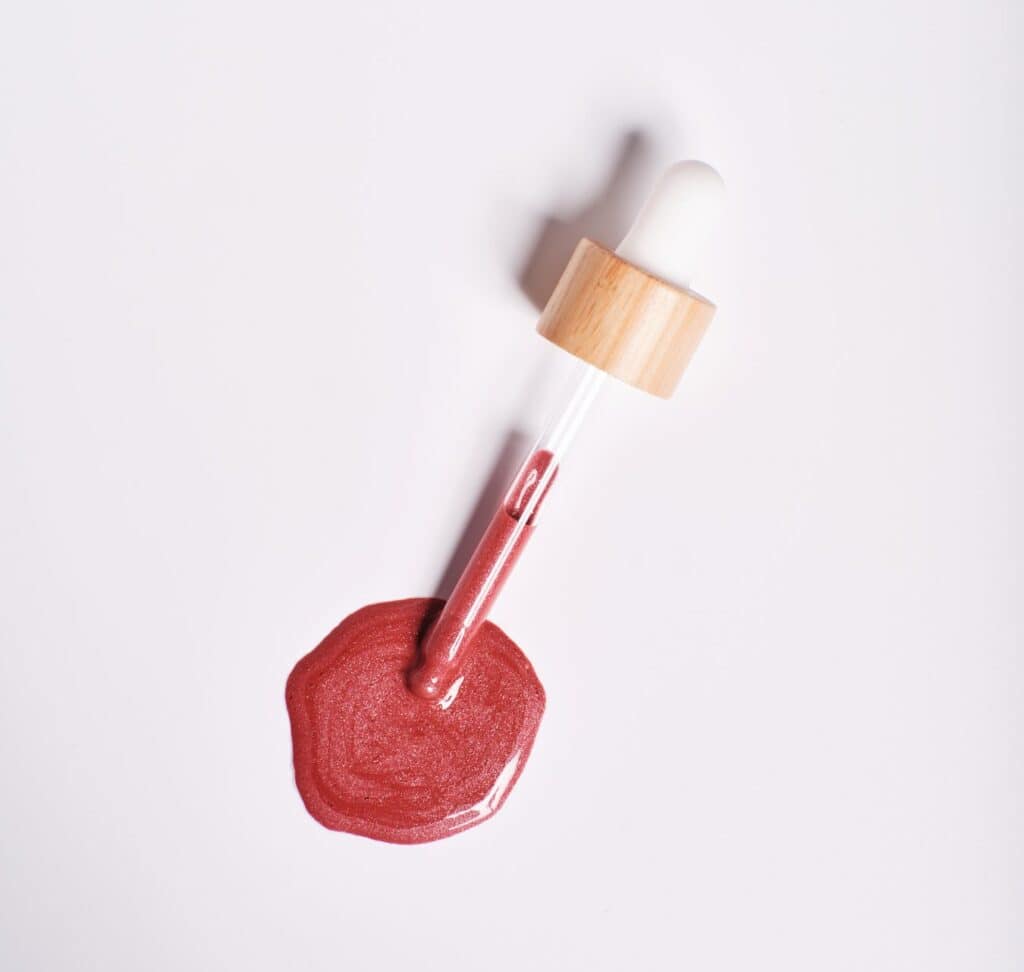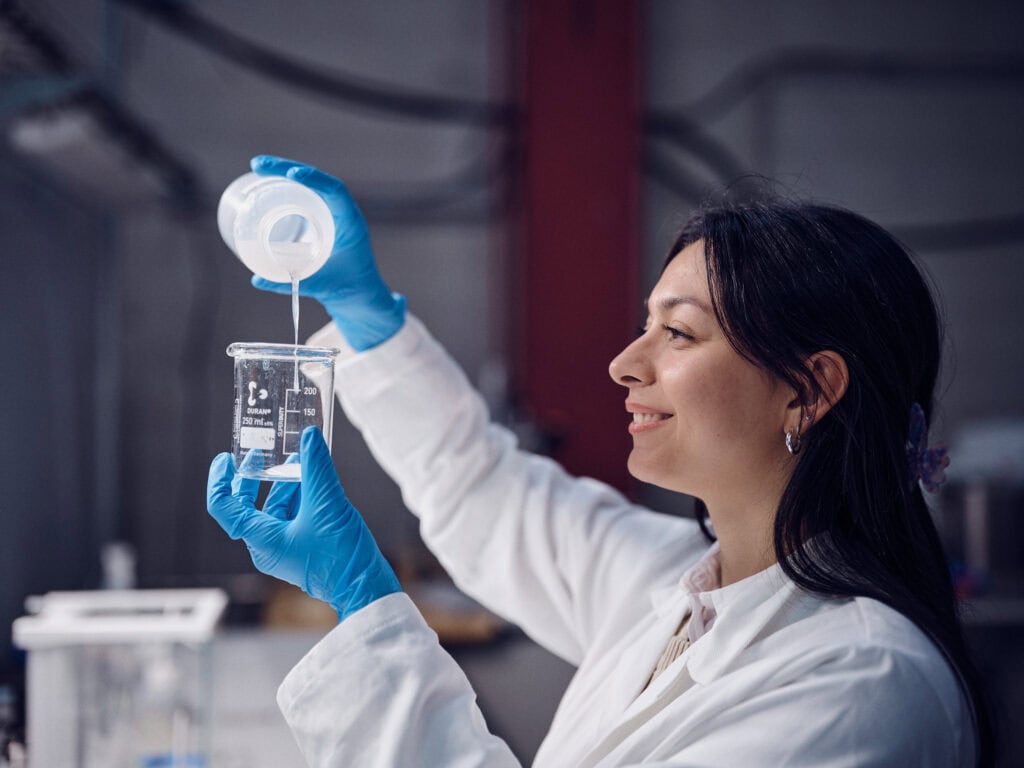BIOCARE4LIFE, a project by Danish biotech company Cellugy, has received an €8.1 million grant from the EU’s LIFE Programme, which provides funding to projects supporting environment and climate action.
The funding will be used to scale up the production of Cellugy’s biofabricated cellulose-based rheology modifier material, EcoFLEXY. Made using fermentation, the vegan-friendly material is designed to replace fossil-based carbomers, which are often considered microplastics, in cosmetics. BIOCARE4LIFE will work on critical scaling activities, process optimisation, and commercial validation over a four-year period.
EcoFLEXY is said to significantly reduce environmental pollution and the use of hazardous chemicals in the cosmetics sector. It also reportedly provides superior product performance, adaptable sensorial properties, and scalable, operationally efficient manufacturing. This could bridge the gap between the performance of fossil-based modifiers and the environmental benefits of natural materials.

Delivering a measurable environmental impact
Rheology modifiers are used in most personal care products, but according to Cellugy, the market remains mostly dependent on fossil-based carbomers and acrylates. These are classified under the EU’s REACH regulation, since they are considered to be persistent and toxic.
It is hoped that the BIOCARE4LIFE project could prevent the release of 259 tons of microplastics annually by project completion, increasing to 1,289 tons per year by 2034. This is timely, since the EU has begun regulating microplastics and the US has placed restrictions on PFAS (forever chemicals).
“This grant provides the resources we need to transform our vision into reality,” said Dr. Isabel Alvarez-Martos, CEO and co-founder at Cellugy. “Within three to five years, we expect to be generating significant revenue while delivering a measurable environmental impact. Our end goal is sweeping petrochemicals from an industry worth billions, and we now have the backing and the partnerships to make it happen.”

”Good intentions won’t drive industry change”
A specialist consortium of experts in biotechnology, sustainability, and data management will drive EcoFLEXY’s scale-up process through the BIOCARE4LIFE project. They will include The Footprint Firm, a consultancy company focused on circular economy solutions and environmental impact validation, and Sci2sci, a Berlin-based startup specialising in data management, machine learning, and AI-driven process optimisation.
“An alternative material that simply aims to be more sustainable is not enough; the critical challenge is about delivering bio-based solutions that actually outperform petrochemicals in performance parameters like texture, functionality, and user experience, while also being scalable and operationally efficient,” said Dr. Alvarez-Martos.
She added, ”Good intentions won’t drive industry change; we need higher-quality alternatives like EcoFLEXY that make it easier, not harder, for brands to choose sustainability. Only when bio-based materials match or exceed the performance and economics of traditional ingredients will we see the transformation needed to protect both human health and our planet.”







